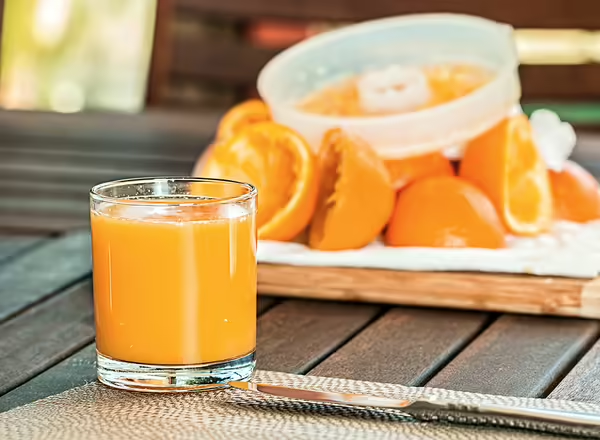
Hypoglycemia and Food
Keeping a daily record of physical activity, food intake, and insulin administration can help pinpoint causes of hypoglycemia. A careful review of carbohydrate intake may identify areas of your meal plan that need to be updated. Diabetes is a progressive disease requiring periodic review of your meal plan and medication. Share your record keeping with your health-care provider and registered dietitian to fine-tune carbohydrate counting and/or carb-to-insulin ratios.
Tips for preventing hypoglycemia
- Work with your health-care team to set or update target blood glucose ranges.
- Understand when your insulin or other medication peaks.
- Check blood glucose as instructed by your health-care provider.
- Never go to sleep without a snack if your blood glucose is below your individual target level.
- Check blood glucose before exercising or driving and treat as appropriate.
- Eat regularly scheduled meals and snacks.
- Keep fast-acting carbohydrate handy.
Remember the 15/15 rule to treat hypoglycemia. If blood glucose is below 70 mg/dl eat or drink 15 grams of fast-acting carbohydrate. Wait 15 minutes and recheck blood glucose. It takes about 15 minutes to feel better despite the amount of carbohydrate consumed. If still low, treat with an additional 15 grams of fast-acting carbohydrate. If no meal or snack is planned follow-up with a glucose check one hour after treatment.
Seek medical advice if unable to effectively treat and maintain a safe blood glucose level.

- 4 ounces of juice
- 4 ounces of regular soda
- 5-6 Lifesavers
- 3-4 Glucose tablets
- 15 gram tube of glucose gel or liquid
Hypoglycemia unawareness can be a challenging and dangerous condition. Careful monitoring and prevention of low blood glucose can help restore your ability to recognize and treat the symptoms.